Let the Quincentennial Begin
Posted on 16 March 2020
By Xiao Chua
The country began on 21 December 2018 its anticipation of the quincentennial (500th anniversary) of the Philippine part in the first circumnavigation of the world in 2021. The country will also commemorate in 2021 the 500th anniversary of the victory of our ancestors led by Lapulapu in the Battle of Mactan. Along with other related events in 1521 such as the 500th anniversary of the introduction of Christianity in the Philippines (except the ecclesiastical aspect), the said milestones in Philippine history are branded as the 2021 Quincentennial Commemorations in the Philippines (2021 QCP) per Executive Order No. 103 (s. 2020).
To prepare the country for these events, the national government created the National Quincentennial Committee (NQC) through Executive Order No. 55 on 8 May 2018.

Rebranding
To further debunk the now politically incorrect idea that Magellan discovered the Philippines, the NQC reoriented the thrust of the 500th anniversary of the arrival of the Magellan-Elcano expedition as solidarity with the world in the achievement of humankind in circumnavigating the planet for the first time (1522-2022). Ensuring that it is politically sensitive, EO 103 rebranded the 500th anniversary of the arrival of Magellan as the 500th anniversary of the Philippine part in the first circumnavigation of the world. The branding will be implemented during the 499th anniversary of the Philippine part in the first circumnavigation of the world on 16-17 March 2020 in Guiuan, Eastern Samar. Even though Metro Manila is currently placed under community quarantine due to the 2019 coronavirus disease pandemic (COVID-19) effective 15 March 2020, the commemoration will still push through without the NQC, under the auspices of the Guiuan Municipal Government.
Celebrating Our Ancestors
The 500th anniversary of the Philippine part in the first circumnavigation of the world will be used as a platform to reeducate the Filipino people and the rest of the world that when our ancestors met the first circumnavigators, they were presentable and dignified. To memorialize the recorded history of our pre-colonial ancestors, the NQC will open a new museum right at Butuan City—the Museum of Philippine Early History. It is planned to be housed in the Old Butuan City Hall (also formerly an Agusan Provincial Capitol), now on its way for restoration by the National Historical Commission of the Philippines (NHCP).
The NQC, through NHCP, is also embarking on gathering pre-Hispanic sources from the archives abroad that will enrich the content of the museum and eventually publish new studies about our ancestors before the Spanish colonization. From 2018 to 2019, the NHCP already obtained high-resolution digital copies of the four extant manuscripts of the chronicles of the voyage of the Magellan-Elcano expedition written by the young Italian Antonio Pigafetta. These are located in Milan, Connecticut, and Paris. Pigafetta’s descriptions of our Visayan ancestors are valuable in reimagining the customs, lifestyle, fashion, and beliefs of the time, e.g., that they were tattooed people. The same description about the Visayas is recorded in the Boxer Codex, written in the last decade of the 16th century. The said codex found in Indiana University contains illustrations on early Visayan people, especially the tattooed warriors and rulers. Quite a coincidence, 2018 Miss Universe Catriona Gray chose to wear a national costume to the Miss Universe inspired by the patek or tattoos of the Visayan warriors in the Boxer Codex. Fortunately, Catriona helped the NQC in raising people’s awareness of the world of our ancestors in 1521. In January 2020, Catriona and her team conveyed to the NQC their decision to donate the said national costume to the NHCP.
Another aspect of the 500th anniversary of the Philippine part in the first circumnavigation of the world is magnanimity. It is often neglected whenever the feat of the first circumnavigators is discussed and commemorated: that our ancestors discovered Magellan and his crew on 18 March 1521 in Homonhon Island, Guiuan, Eastern Samar starving, undernourished, scurvy-stricken, and dying, and were properly fed and given ample provision enough to continue their objective in reaching the Maluku, now part of Indonesia south of Mindanao.
Christianity
In its early months of existence, the NQC agreed with the Catholic Bishops’ Conference of the Philippines (CBCP) in setting as reckoning date of the 500th anniversary of the introduction of Christianity in the Philippines the quincentenary of the baptism in Cebu on 14 April 2021. Considerations to this is the ability of Cebu City to host a huge crowd of faithful and tourists during the quincentenary. Nonetheless, the NQC’s role in this milestone is limited only to historical and cultural aspects, not ecclesiastical. In fact, in 2012, the CBCP already began anticipating the quincentenary through its yearly themes. Staying true to its thrust of becoming integrative, the NQC did extend its partnership with the Protestant church in the Philippines to make to milestone ecumenical than sectoral.
A Filipino-Centric 2021 QCP
Of all the milestones in 2021, the NQC believes that the 500th anniversary of the Victory at Mactan is the dearest to many Filipinos, regardless of religious belief and ethnicities. It is symbolic that the NQC made it as the center of the 2021 QCP: serving as the reckoning date of the recently-concluded 500-day national countdown to the 2021 QCP on 14 December 2019, and the silhouette of the Lapulapu Monument at the Liberty Shrine in Mactan, Lapu-Lapu City prominently positioned on the logo of the 2021 QCP. Also, the flagship project of the NQC is to construct the Lapulapu Memorial Shrine in Lapu-Lapu City. During its 14th Regular Meeting at Malacañang on 28 February 2020, the NQC will espouse an indigenous-Filipino architectural style for the shrine, not neo-classical.
The Victory at Mactan is not just a heritage of the Visayans but of the entire Filipino people. In 1895, Emilio Jacinto, one of the founders of the Filipino nation, invoked the memory of Lapulapu by reminding the Filipinos that the blood of Lapulapu still flows in their veins. In 1898, Lapulapu’s memory was again evoked on the day Philippine independence was proclaimed in Cavite. This context is the reason why in 2019, the center of the national observance of Independence Day was at Mactan; and in 2021, on the 500th anniversary of the Victory at Mactan, the NQC proposes that all local government units, state universities and colleges, foreign service posts, and government offices will have simultaneous flag-raising ceremonies at the monuments and plazas dedicated to the heroes, to underscore that the spirit of freedom was alive throughout our history since the Victory at Mactan.
We are now in a time when the dream of our heroes, which was to govern ourselves, has been a reality. With respect to their memories, we must put a premium on the sense of nation. And a nationalistic commemoration of the quincentennials is the best thing our time and generation can offer at the pedestal of monuments dedicated to our heroes, martyrs, and great men and women.
Theme Song
The NCCA and the NHCP collaborated with PhilPop in producing the official theme song for the 2021 QCP. Young songwriter Roel Rostata’s “Bagani” was chosen from the 2021 QCP Playlist, collected through 2019 PhilPop Bootcamps. The title of the song was derived from the Manobo word for warrior class (literal protector of the community). It is akin to various Austronesian words: ‘bayani’ (originally means ‘warrior’ among the ancient Cebuanos and Tagalogs, and ‘brave’ in early Kapampangan society), ‘bagani’ (Bagobo and Mandaya for a chieftain, a great man or someone who has contributed something to the betterment of the community), ‘balani’ (Tausug for ‘brave’), ‘barani’ (Magindanaw for ‘brave’), and ‘berani’ (Malay for ‘courageous’)—all referring to the dauntless, responsible person.
The usage of the Manobo word ‘bagani’ underwent consultation with the Manobo datus of Agusan del Norte, Agusan del Sur, and Surigao del Norte, thanks to the assistance of the National Commission on Indigenous Peoples.
Interpreted by Anthony Castillo and his internationally-acclaimed Filipino a capella singing group Pinopela, “Bagani” is intentionally made pop. This is to represent the taste of this generation that will celebrate the 500 years of the Victory at Mactan and other related events in 2021. Nonetheless, OPM songwriter Jungee Marcelo, arranger of “Bagani,” still infused in the theme song strains of Philippine musical heritage as a homage to our ancestors.
The theme song is an ego-booster one, as it reminds each and every Filipino that it takes a bagani heritage to be a modern-day champion of camaraderie and humanity. The very usage of bagani underscores our noble character emanating from the 1521 Victory at Mactan; yet, equally heroic also was the compassion our ancestors accorded to the almost dying and hopeless Magellan-Elcano expedition that circumnavigated the world for the first time and brought unprecedented achievement to humanity. Thus, the battle cry of the song is in the chorus, “Bagani! Ating lahi! Mandirigmang Filipino! Dakila ang lahi ko! Bayaning Filipino sa makabagong panahon!” (We descended from the baganis. We are Filipino warriors. Nobleness runs in our veins. We are Filipino warriors of this modern time.) “Bagani” is now streaming on Spotify. –With additional information from Ian Christopher B. Alfonso.
About the Author
MICHAEL CHARLESTON “XIAO” CHUA is a public historian and Assistant Professorial Lecturer of History at the De La Salle University Manila. He is the author of a number of refereed academic journals and a columnist at the Manila Times and Abante. He was the creator of Xiao Time, the history segment of the government television station.

